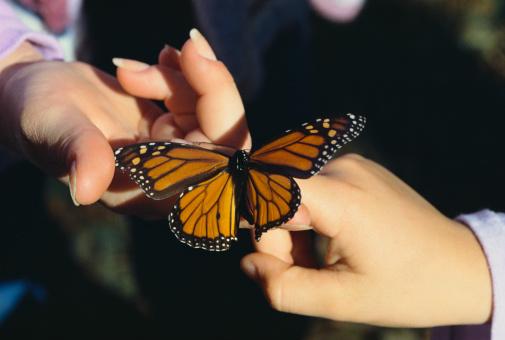Dear Editor,
A milkweed planting program probably would help the monarch butterflies, of probably much greater benefit to this threatened inset species would be a ban, or at the least, a dramatic reduction in the use of that which poses the greatest threat to the monarchs: Agricultural herbicides and pesticides associated with, in the main, genetically modified crops.



